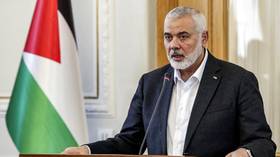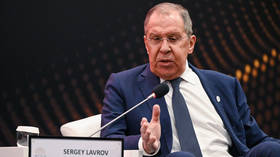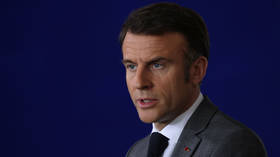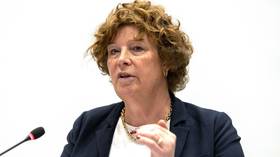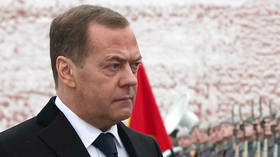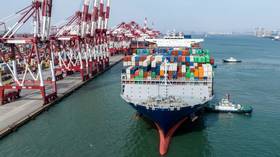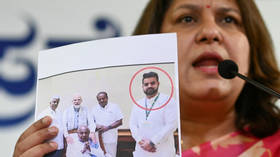EU makes prediction on Iran nuclear deal
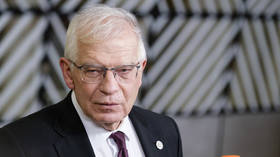
An agreement to revive the Iran nuclear deal, officially known as the Joint Comprehensive Plan of Action (JCPOA), could be reached in the next few days, EU foreign policy chief Josep Borrell said on Wednesday.
Speaking to reporters after the informal EU foreign ministers summit in Prague, the diplomat said he had heard the concerns of both Iran and the US, and that there is “common ground” to reach an agreement that takes everyone’s interests into account.
“I am hoping that in the coming days we are not going to lose this momentum. We can close the deal,” Borrell said.
Earlier this month, the US had expressed optimism that the EU-brokered nuclear deal was nearing resolution after Tehran dropped some of its demands to re-enter the JCPOA and issued its own list of compromises to Washington.
The initial deal signed in 2015 by Iran, the US, UK, France, and Germany – as well as Russia, China, and the EU – saw Tehran agree to certain restrictions on its nuclear industry in exchange for the easing of economic sanctions and other incentives.
In 2018, however, the deal was torpedoed by the US, which unilaterally withdrew from the agreement, saying it was fundamentally flawed. As a result, Iran started gradually reducing some of its commitments under the accord, such as the level of enriched uranium it produces, which could potentially enable Tehran to build an atomic bomb. According to the Iranian authorities, however, this “is not on the agenda.”


